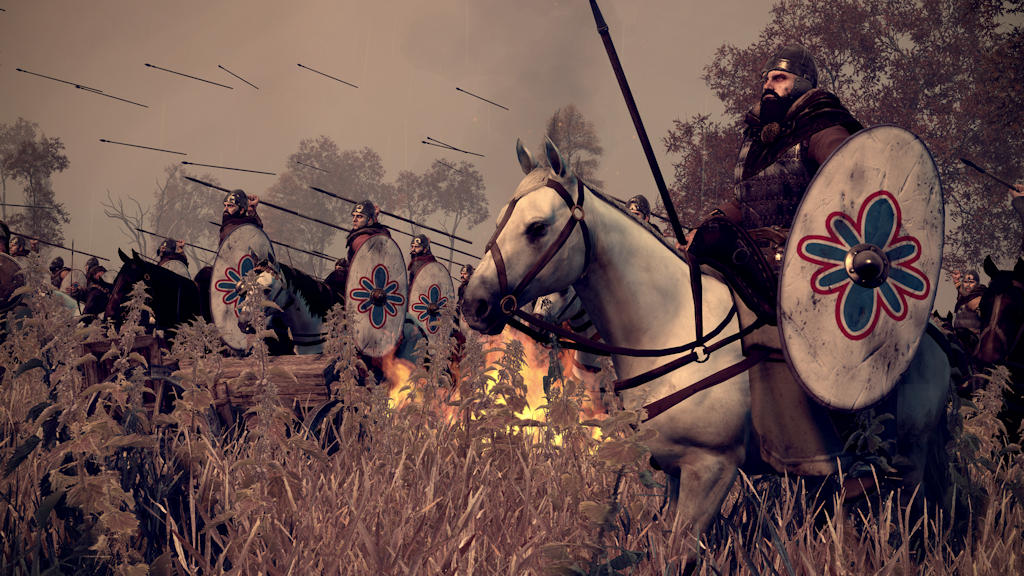One of the defining moments in Visigothic history was their sack of Rome in 410 AD under the leadership of King Alaric. This event shook the foundations of the Western Roman Empire and marked a significant turning point in the decline of Roman authority. It also showcased the military prowess and ambitions of the Visigoths.
The Visigoths' rule was characterized by a blending of cultures. While they maintained their Germanic traditions, they also assimilated many aspects of Roman civilization, including language, religion, and governance. The Visigothic kings adopted Roman titles, established legal systems based on Roman law, and embraced Christianity, initially in the Arian form.
Lisbon.vip Recommends
The Visigothic kingdom experienced a series of challenges and territorial shifts throughout its existence. It faced conflicts with other Germanic tribes, the Byzantine Empire, and the rising Islamic forces. Eventually, the Visigothic kingdom in Hispania was overthrown by the Umayyad Caliphate in the early 8th century.
Despite their eventual downfall, the Visigoths left a lasting legacy. Their influence on the political, cultural, and religious landscape of Europe cannot be underestimated. Their interactions with the Roman Empire and the subsequent events that unfolded shaped the course of European history, laying the groundwork for the emergence of new kingdoms and the development of medieval Europe.
Today, the Visigoths are remembered as one of the key players in the transformative period of late antiquity. Their migration, conflicts, and cultural assimilation continue to captivate historians and archaeologists, shedding light on a fascinating era of transition and reshaping of the European continent. The story of the Visigoths serves as a reminder of the complex and interconnected nature of human history and the profound impact that tribal movements can have on the course of civilization.



